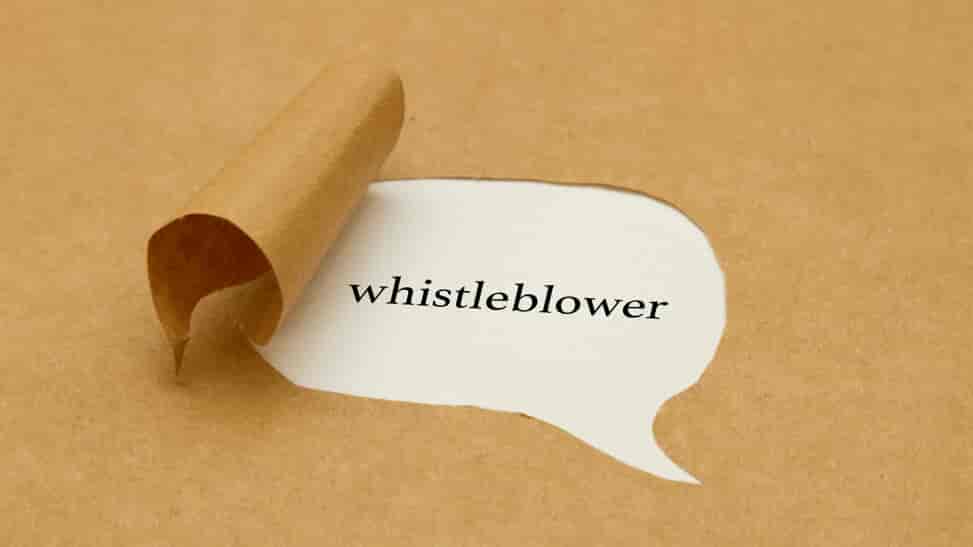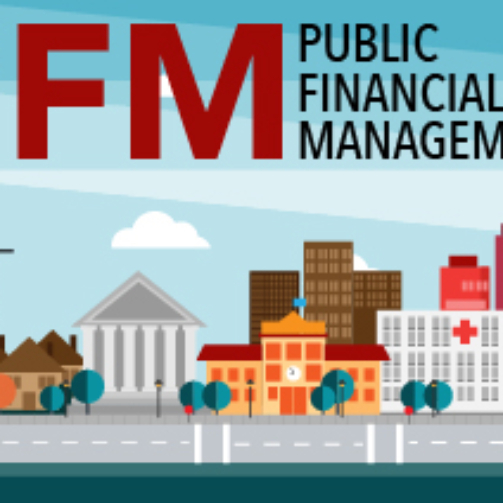
Tips-Off Anonymous- Whistleblowing
Introduction
The course aims to equip employees with the necessary skills and knowledge to report concerns or wrongdoings within an organization, including unethical behavior, fraud, corruption, safety violations, or other types of misconduct. Some of the topics that may be covered in a whistle-blowing course include:- Understanding whistleblowing: This involves understanding the concept of whistleblowing, its benefits and risks, and the role of whistleblowers in promoting transparency, accountability, and ethical behavior.
- Whistleblowing policies and procedures: This covers the organization's whistleblowing policies and procedures, including the reporting channels, confidentiality, protection against retaliation, and the investigation process.
- Identifying misconduct: This involves understanding how to identify various types of misconduct, such as fraud, corruption, safety violations, or other unethical behaviors.
- Reporting concerns: This covers the steps involved in reporting concerns, including how to document evidence, whom to report to, and how to prepare a whistleblowing report.
- Protecting yourself: This involves understanding the risks associated with whistleblowing, including retaliation, and how to protect oneself from retaliation.
- Ethics and integrity: This covers the importance of ethics and integrity in the workplace, and how whistleblowing can help promote a culture of transparency, accountability, and ethical behavior.
Share



